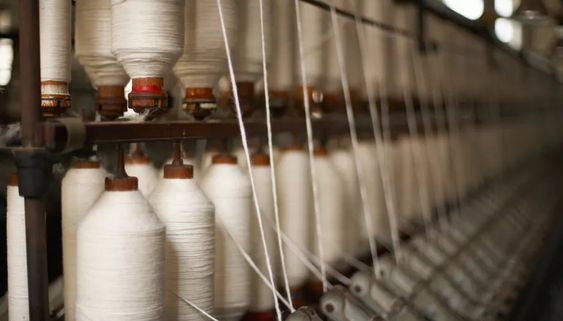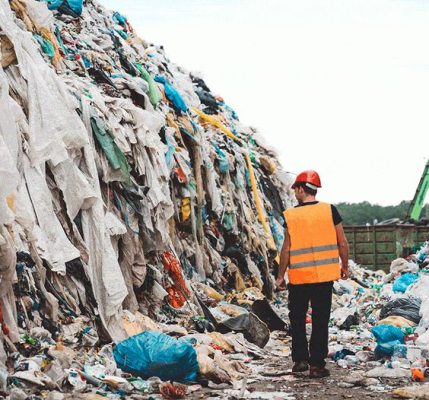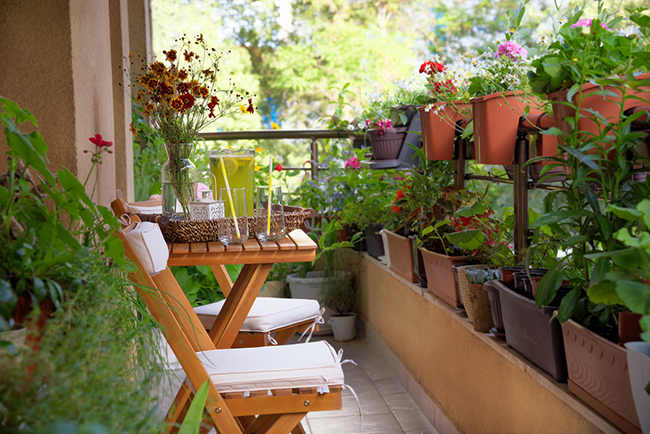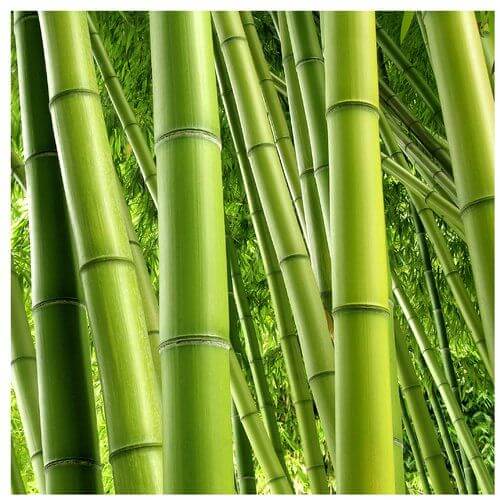Exploring the Eco-Friendly Arsenal of Sustainable Fabrics: Organic Cotton, Hemp, Tencel, and More
𝐼𝑛 𝑎𝑛 𝑒𝑟𝑎 𝑚𝑎𝑟𝑘𝑒𝑑 𝑏𝑦 𝑒𝑛𝑣𝑖𝑟𝑜𝑛𝑚𝑒𝑛𝑡𝑎𝑙 𝑎𝑤𝑎𝑟𝑒𝑛𝑒𝑠𝑠 𝑎𝑛𝑑 𝑎 𝑔𝑟𝑜𝑤𝑖𝑛𝑔 𝑐𝑜𝑚𝑚𝑖𝑡𝑚𝑒𝑛𝑡 𝑡𝑜 𝑠𝑢𝑠𝑡𝑎𝑖𝑛𝑎𝑏𝑙𝑒 𝑝𝑟𝑎𝑐𝑡𝑖𝑐𝑒𝑠, 𝑡ℎ𝑒 𝑡𝑒𝑥𝑡𝑖𝑙𝑒 𝑖𝑛𝑑𝑢𝑠𝑡𝑟𝑦 𝑖𝑠 𝑢𝑛𝑑𝑒𝑟𝑔𝑜𝑖𝑛𝑔 𝑎 𝑠𝑖𝑔𝑛𝑖𝑓𝑖𝑐𝑎𝑛𝑡 𝑡𝑟𝑎𝑛𝑠𝑓𝑜𝑟𝑚𝑎𝑡𝑖𝑜𝑛. 𝑊𝑖𝑡ℎ 𝑖𝑛𝑐𝑟𝑒𝑎𝑠𝑖𝑛𝑔 𝑐𝑜𝑛𝑐𝑒𝑟𝑛 𝑎𝑏𝑜𝑢𝑡 𝑡ℎ𝑒 𝑖𝑚𝑝𝑎𝑐𝑡 𝑜𝑓 𝑐𝑜𝑛𝑣𝑒𝑛𝑡𝑖𝑜𝑛𝑎𝑙 𝑡𝑒𝑥𝑡𝑖𝑙𝑒 𝑝𝑟𝑜𝑑𝑢𝑐𝑡𝑖𝑜𝑛 𝑜𝑛 𝑡ℎ𝑒 𝑝𝑙𝑎𝑛𝑒𝑡, 𝑠𝑢𝑠𝑡𝑎𝑖𝑛𝑎𝑏𝑙𝑒 𝑎𝑛𝑑 𝑒𝑐𝑜-𝑓𝑟𝑖𝑒𝑛𝑑𝑙𝑦 𝑓𝑎𝑏𝑟𝑖𝑐𝑠 ℎ𝑎𝑣𝑒 𝑒𝑚𝑒𝑟𝑔𝑒𝑑 𝑎𝑠 𝑎 𝑏𝑒𝑎𝑐𝑜𝑛 𝑜𝑓 𝑐ℎ𝑎𝑛𝑔𝑒. 𝑇ℎ𝑒𝑠𝑒 𝑓𝑎𝑏𝑟𝑖𝑐𝑠 𝑛𝑜𝑡 𝑜𝑛𝑙𝑦 𝑟𝑒𝑑𝑢𝑐𝑒 𝑡ℎ𝑒 𝑒𝑐𝑜𝑙𝑜𝑔𝑖𝑐𝑎𝑙 𝑓𝑜𝑜𝑡𝑝𝑟𝑖𝑛𝑡 𝑏𝑢𝑡 𝑎𝑙𝑠𝑜 𝑝𝑟𝑜𝑚𝑜𝑡𝑒 𝑒𝑡ℎ𝑖𝑐𝑎𝑙 𝑝𝑟𝑎𝑐𝑡𝑖𝑐𝑒𝑠 𝑖𝑛 𝑡ℎ𝑒 𝑓𝑎𝑠ℎ𝑖𝑜𝑛 𝑎𝑛𝑑 𝑡𝑒𝑥𝑡𝑖𝑙𝑒 𝑠𝑒𝑐𝑡𝑜𝑟𝑠. 𝐼𝑛 𝑡ℎ𝑖𝑠 𝑔𝑢𝑖𝑑𝑒, 𝑤𝑒 𝑑𝑒𝑙𝑣𝑒 𝑖𝑛𝑡𝑜 𝑡ℎ𝑒 𝑤𝑜𝑟𝑙𝑑 𝑜𝑓 𝑠𝑢𝑠𝑡𝑎𝑖𝑛𝑎𝑏𝑙𝑒 𝑓𝑎𝑏𝑟𝑖𝑐𝑠, 𝑒𝑥𝑝𝑙𝑜𝑟𝑖𝑛𝑔 𝑡ℎ𝑒𝑖𝑟 𝑐ℎ𝑎𝑟𝑎𝑐𝑡𝑒𝑟𝑖𝑠𝑡𝑖𝑐𝑠, 𝑏𝑒𝑛𝑒𝑓𝑖𝑡𝑠, 𝑎𝑛𝑑 𝑐𝑜𝑛𝑡𝑟𝑖𝑏𝑢𝑡𝑖𝑜𝑛𝑠 𝑡𝑜 𝑎 𝑔𝑟𝑒𝑒𝑛𝑒𝑟 𝑓𝑢𝑡𝑢𝑟𝑒.
𝐖𝐡𝐲 𝐒𝐮𝐬𝐭𝐚𝐢𝐧𝐚𝐛𝐢𝐥𝐢𝐭𝐲 𝐌𝐚𝐭𝐭𝐞𝐫𝐬:
The fashion industry’s impact on the environment is well-documented, from resource-intensive production processes to textile waste. Sustainable fabrics offer a remedy to this challenge, embodying principles that prioritize the well-being of the Earth, its ecosystems, and its inhabitants.
𝐄𝐱𝐩𝐥𝐨𝐫𝐢𝐧𝐠 𝐭𝐡𝐞 𝐄𝐜𝐨-𝐅𝐫𝐢𝐞𝐧𝐝𝐥𝐲 𝐀𝐫𝐬𝐞𝐧𝐚𝐥:
- Organic Cotton: Delve into the world of cotton produced without harmful pesticides or synthetic fertilizers. Organic cotton supports healthier soil, water conservation, and the well-being of farmers.
- Hemp: Discover the versatility of hemp, a fast-growing plant that requires minimal water and pesticides. Hemp fabrics are not only durable but also biodegradable, ensuring a circular lifecycle.
- Tencel (Lyocell): Immerse yourself in the luxurious feel of Tencel, a fiber sourced from sustainably managed forests. Its production process minimizes water and energy consumption, setting a benchmark for responsible manufacturing.
- Recycled Polyester: Witness the transformation of plastic waste into fashion-forward fabrics. Recycled polyester reduces the demand for virgin resources, diverting plastic bottles from landfills and oceans.
𝐒𝐮𝐬𝐭𝐚𝐢𝐧𝐚𝐛𝐥𝐞 𝐟𝐚𝐛𝐫𝐢𝐜𝐬 𝐨𝐟𝐟𝐞𝐫 𝐚 𝐡𝐨𝐬𝐭 𝐨𝐟 𝐚𝐝𝐯𝐚𝐧𝐭𝐚𝐠𝐞𝐬 𝐭𝐡𝐚𝐭 𝐞𝐱𝐭𝐞𝐧𝐝 𝐛𝐞𝐲𝐨𝐧𝐝 𝐭𝐡𝐞𝐢𝐫 𝐞𝐜𝐨-𝐟𝐫𝐢𝐞𝐧𝐝𝐥𝐲 𝐜𝐫𝐞𝐝𝐞𝐧𝐭𝐢𝐚𝐥𝐬:
- Reduced Carbon Footprint: The production of sustainable fabrics often involves lower energy consumption and fewer greenhouse gas emissions, contributing to climate change mitigation.
- Water Conservation: Many eco-friendly fabrics require less water during cultivation and manufacturing, helping to alleviate water scarcity concerns.
- Empowerment and Ethical Labor Practices: Sustainable fabrics are often linked to fair labor practices, promoting better working conditions and fair wages for textile industry workers.
- Innovation and Progress: By supporting sustainable textiles, you’re encouraging research and development of new, eco-conscious materials and manufacturing techniques.
As a conscientious consumer, your choices hold the power to drive positive change. By opting for sustainable and eco-friendly fabrics, you’re aligning your fashion preferences with your values, encouraging brands to adopt more responsible practices, and contributing to a more sustainable future for generations to come.
Navigate our comprehensive guide to learn more about the remarkable world of sustainable fabrics. Together, let’s redefine fashion by weaving together style, conscience, and environmental stewardship.
You can order or you can have more useful news in our website: https://info@lydigreentex.com.com
WhatsApp/ Viber/ Zalo .No: +84938.045.900
We have all international shipping line to all countries.
#SustainableFashion #EcoFriendlyFabrics #FashionWithPurpose #EthicalChoices #GreenWardrobe





